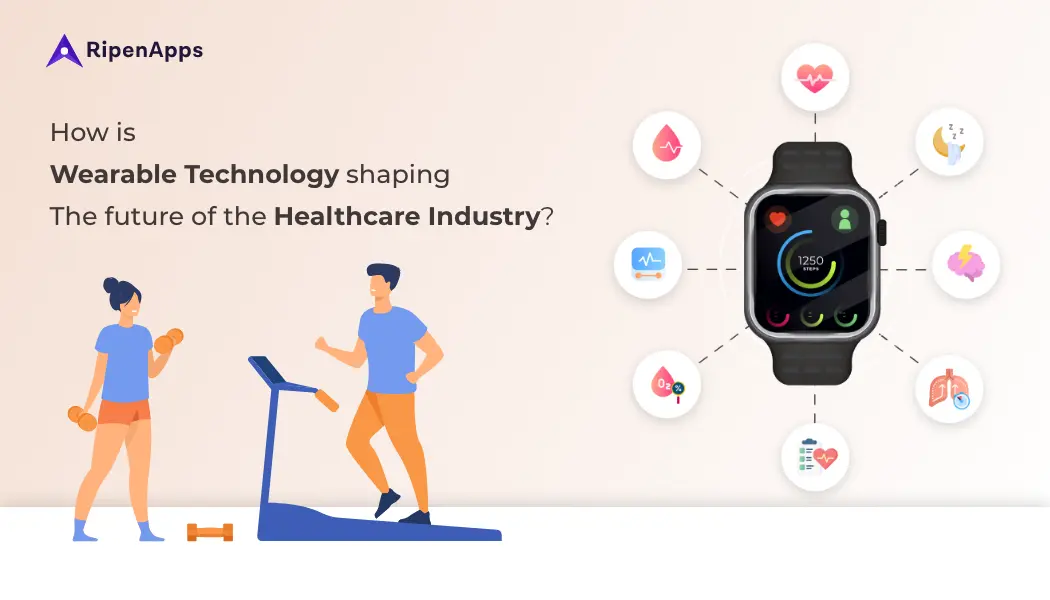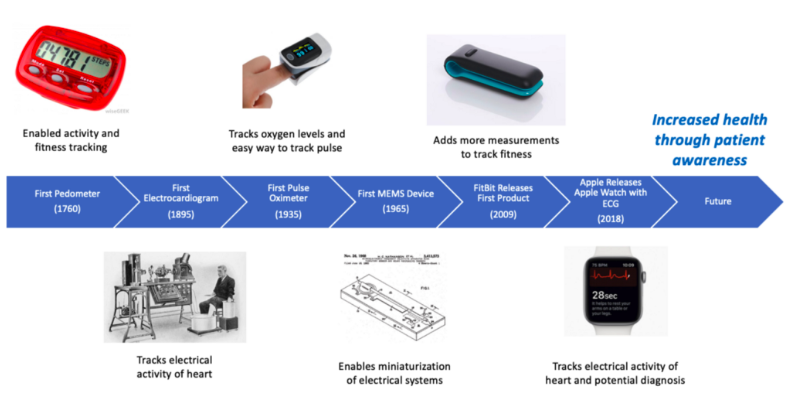Beyond Basic Step Counting: The Evolution of Health Tracking
Smartwatches have come a long way from simple step counters. Early models focused primarily on fitness metrics, providing a basic overview of daily activity. Today’s devices, however, are sophisticated health companions, offering a wealth of data and insights that extend far beyond basic step counts and calories burned. We’re seeing a shift towards more comprehensive health monitoring, incorporating features that were once the exclusive domain of specialized medical equipment.
Heart Rate Monitoring: A Window into Cardiovascular Health
Accurate and continuous heart rate monitoring is now a standard feature in most smartwatches. This data allows users to track their resting heart rate, heart rate variability (HRV), and heart rate zones during exercise. These metrics provide valuable information about cardiovascular fitness and can even serve as early warning signs of potential heart issues. Many smartwatches can now detect irregular heart rhythms, potentially flagging atrial fibrillation or other concerning patterns for users to discuss with their doctors.

Sleep Tracking: Unlocking the Secrets of Restful Sleep
Sleep is crucial for overall health and well-being, yet many people struggle to get enough quality sleep. Smartwatches have emerged as powerful tools for sleep tracking, providing detailed information on sleep stages (light, deep, REM), sleep duration, and sleep quality. This data can help individuals identify sleep disturbances and patterns, paving the way for lifestyle adjustments to improve sleep hygiene. Some advanced models even use sensors to detect snoring and apnea events, potentially identifying individuals who might benefit from a sleep study.
Stress Management: Monitoring and Managing Daily Pressures
The relentless pressures of modern life can take a toll on mental and physical well-being. Smartwatches are increasingly incorporating stress tracking features, utilizing sensors to monitor heart rate variability and other physiological indicators related to stress levels. This allows users to become more aware of their stress responses and adopt coping mechanisms such as mindfulness exercises or relaxation techniques. Some smartwatches even offer guided meditation programs directly on the device, promoting a proactive approach to stress management.
SpO2 Measurement: Monitoring Blood Oxygen Saturation
Blood oxygen saturation (SpO2) is a vital indicator of respiratory health. The inclusion of SpO2 sensors in smartwatches has made it easier than ever to monitor this critical metric, providing insights into potential respiratory issues. While not a replacement for professional medical diagnosis, regular SpO2 monitoring can help individuals identify early signs of conditions like sleep apnea or other respiratory problems, prompting them to seek appropriate medical care.
Advanced Fitness Metrics: Beyond Steps and Calories
While step counting remains a useful metric, modern smartwatches go far beyond simple activity tracking. They provide detailed information on various fitness metrics, including distance, pace, cadence, VO2 max (a measure of aerobic fitness), and recovery time. These advanced metrics provide a more nuanced understanding of fitness levels and allow users to tailor their training programs for optimal results. The integration with fitness apps and platforms further enhances the analysis and personalized insights.
Medication Reminders and Health Data Integration: A Holistic Approach
Smartwatches are evolving into comprehensive health management tools, going beyond fitness tracking. Many now offer medication reminders, ensuring adherence to prescribed medications. Furthermore, they are increasingly integrating with health apps and platforms, allowing users to consolidate their health data in one convenient location. This holistic approach provides a more complete picture of an individual’s overall health, promoting proactive management and better communication with healthcare providers.
The Future of Smartwatch Health Tracking: Personalized Medicine and Predictive Analytics
The future of smartwatch health tracking is bright, with ongoing advancements promising even greater personalization and predictive capabilities. We can expect to see more sophisticated algorithms that analyze individual data to provide tailored health recommendations and insights. The integration of artificial intelligence (AI) could lead to early detection of health issues, enabling proactive interventions and ultimately improving health outcomes. The possibilities are immense, paving the way for a future where smartwatches play an increasingly vital role in preventive healthcare. Please click here for news about new wearable health devices.
